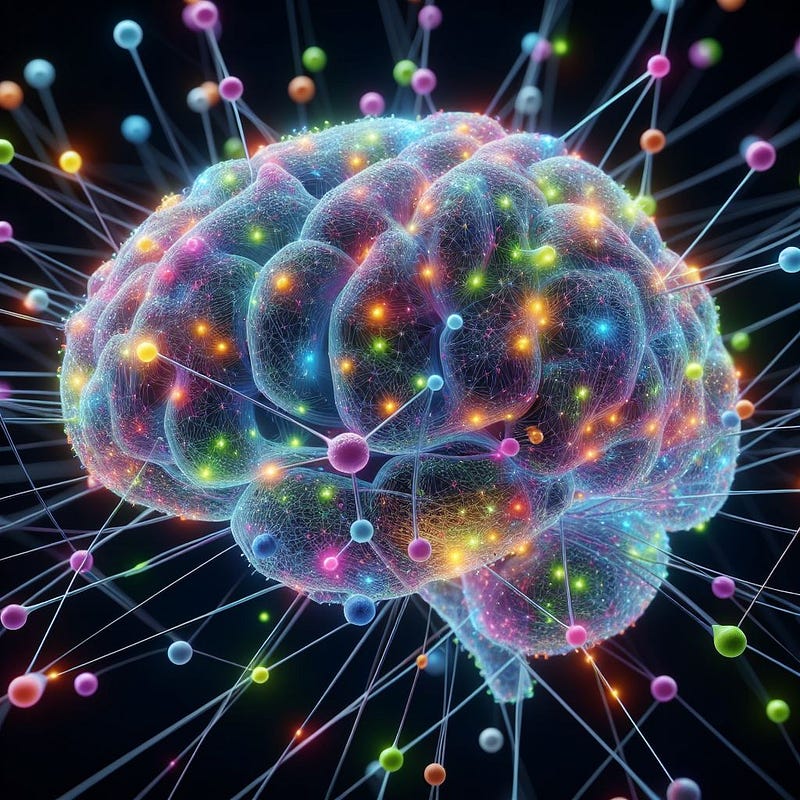The Transformative Power of Mindfulness in Daily Life
Written on
Chapter 1: Understanding Neuroplasticity
It seems that the adage about "old dogs and new tricks" is becoming outdated. Recent scientific research is challenging this belief, demonstrating that our brains possess a remarkable capability for change, known as neuroplasticity.

This newfound insight raises an intriguing question: Is it possible to cultivate a lifestyle centered around well-being by reconfiguring our brains, even as we grow older? The evidence suggests a resounding yes, especially through practices like mindfulness. Prepare yourself, as we explore the science behind brain rewiring through mindfulness!
Section 1.1: The Mechanics of Neuroplasticity
Our brains are not fixed entities; they are constantly evolving based on our experiences, learning, and even injuries. This involves several critical processes:
- Formation of New Connections: The brain can create new synapses between neurons, allowing information to flow more efficiently, which is essential for learning and memory.
- Strengthening Neural Pathways: Frequently used pathways become stronger and more efficient, leading to the development of skills and habits.
- Elimination of Underused Connections: The brain can weaken or remove connections that are rarely activated, thereby conserving energy and optimizing functionality.
- Potential for New Nerve Cell Creation: Although less common, research indicates that under specific conditions, new nerve cells may develop in certain brain areas.

Section 1.2: Mindfulness and Its Effects on the Brain
While we are still uncovering the full extent of mindfulness's effects, studies indicate significant changes occur in the brain when we regularly engage in mindfulness practices. Here are some key findings:
- Increased Gray Matter Density: Research has shown that consistent mindfulness practice can lead to enhanced gray matter density in regions associated with learning, memory, and information processing, hinting at improved cognitive function as we age.
- Reduction in Amygdala Size: The amygdala, which plays a crucial role in processing emotions like fear and stress, may reduce in size with mindfulness practice. This alteration can enhance emotional regulation and lower stress responses.
- Enhanced Prefrontal Cortex Functioning: This area of the brain is responsible for executive functions such as attention and decision-making. Mindfulness has been linked to improved functioning here, resulting in sharper focus and better emotional control.
- Potential Increase in Neuroplasticity: While not directly measured, some experts propose that mindfulness may encourage overall neuroplasticity, further bolstering the brain's adaptability.
As research continues, it is evident that mindfulness can effectively rewire your brain for the better. You can cultivate a mind that is calmer, sharper, and more resilient. So why not explore the benefits of integrating mindfulness into your daily routine?
The first video titled "Senior Mental Health: 6 Reasons Why You Should Practice Mindfulness" delves into the importance of mindfulness for mental health, especially as we age.
The second video, "Small Changes that will Improve Your Life | Mindful Living," offers practical tips on incorporating mindfulness into your daily life.
Thanks for joining me in this exploration of mindfulness!
Nicole
Sources: